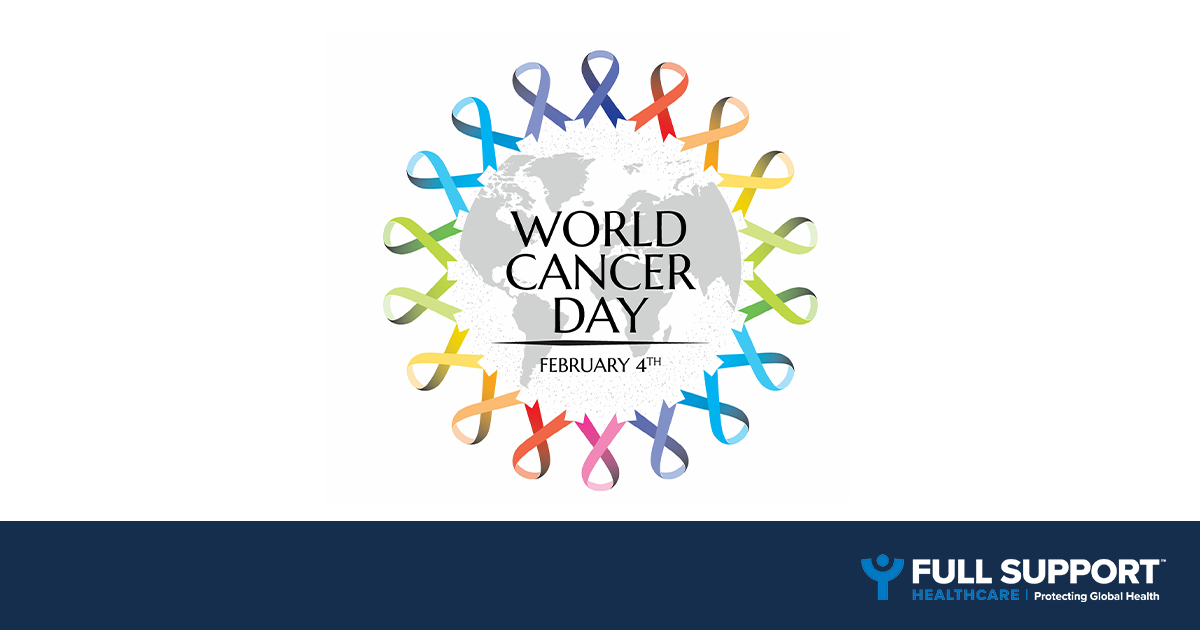World Cancer Day

Saturday 4th February marks World Cancer Day. An internationally recognised day to raise awareness of the silent killer to help educate and encourage people to work together to help reduce preventable deaths.
Work-related lung cancer, according to the Health & Safety Executive (HSE)’s latest stats, kills around 12,000 people in the UK every year. Caused by exposure to hazardous substances at work – such as asbestos, lung cancer is still one of the leading causes of death from work-related illness.
Lung cancer is a devastating disease.
Unlike some respiratory conditions which can kill almost instantaneously, work-related lung-cancer often takes time to develop through continued exposure and slowly deteriates the sufferer’s quality of life. Coughs that don’t go away. Fatigue. Shortness o breath. Repeated respiratory infections.
While there are treatments for lung cancer, particularly in its early stages, the best cause of action is prevention.
Since work-related lung cancer is caused by repeated exposure to hazardous substances – such as asbestos, silica and diesel engine exhaust fumes – controlling an employee’s exposure is key to its prevention.
Employers have a legal obligation to protect their employees from harm, and this includes protecting them from exposure to hazardous substances.
Elimination
The first and most effective way to prevent exposure to respiratory hazards in the workplace is elimination – to physically remove the hazard or cease the activity.
Of course, this isn’t always possible.
Substitution
Replacing the hazardous substance, such as using non-toxic cleaning agents, is another effective method of protecting your employees from hazards.
Engineering
Isolating the hazard through engineering is another potential way to prevent – or limit – respiratory hazard exposure in the workplace. This could be through installing proper ventilation systems, or safety measures such as Perspex shields in localised areas.
Administrative
Work related lung cancer is developed through repeated exposure to hazards over time. In many cases, short-term exposure to certain hazards may have little-to-no effect on an individual. Doing a particular task outside, or in a well-ventilated area, may be enough to minimise exposure to safe levels – depending on the hazard.
Personal Protective Equipment / Respiratory Protective Equipment
The last line of defence against respiratory hazards in the workplace is PPE and RPE. FFP3 respirators, such as the Custom-Fit FSM18 Easimask, can provide protection to the wearer (and those close to them) from hazardous respirable particles. RPE is an essential tool in hospitals for example, for front-line staff caring for patients with TB, influenza or coronavirus.
While the onus of responsibility is rightfully on the Employer, employees too should be aware of the potential dangers they face in the workplace. If you suspect that you have been exposed to hazardous substances at work, it’s essential to seek medical advice and report it to your employer immediately.
If you would like advice about potential respiratory hazards in your workplace, or ways in which you can handle them, please get in touch and one of our RPE Specialists will get back to you.

